The Maranhão Environmental Monitoring Program: A Vital Tool for Sustainable Development
Related Articles: The Maranhão Environmental Monitoring Program: A Vital Tool for Sustainable Development
Introduction
In this auspicious occasion, we are delighted to delve into the intriguing topic related to The Maranhão Environmental Monitoring Program: A Vital Tool for Sustainable Development. Let’s weave interesting information and offer fresh perspectives to the readers.
Table of Content
The Maranhão Environmental Monitoring Program: A Vital Tool for Sustainable Development

The Maranhão Environmental Monitoring Program (EMAP Maranhão), established in 2008, is a comprehensive initiative designed to monitor and manage the environmental resources of the state of Maranhão, located in northeastern Brazil. This program plays a crucial role in safeguarding the region’s rich biodiversity, natural resources, and overall environmental health. Through its multi-faceted approach, EMAP Maranhão provides valuable data and insights, informing policy decisions and promoting sustainable development practices.
EMAP Maranhão: A Multifaceted Approach to Environmental Management
EMAP Maranhão employs a diverse range of tools and techniques to achieve its objectives, encompassing the following key areas:
1. Data Collection and Analysis:
- Satellite Monitoring: EMAP Maranhão leverages advanced satellite imagery to monitor deforestation rates, land use changes, and the health of natural ecosystems, such as forests, wetlands, and coastal areas.
- Ground-Based Monitoring: Field teams conduct regular surveys, collecting data on biodiversity, water quality, air pollution, and other environmental parameters. This includes monitoring protected areas, analyzing soil samples, and assessing the impact of human activities on the environment.
- Geographic Information Systems (GIS): EMAP Maranhão utilizes GIS technology to integrate and visualize data from various sources, enabling the creation of comprehensive maps and spatial analyses. This facilitates a deeper understanding of environmental trends and assists in identifying areas requiring focused attention.
2. Environmental Monitoring and Assessment:
- Biodiversity Monitoring: EMAP Maranhão tracks the abundance and distribution of species, including endangered and threatened fauna and flora, to assess the effectiveness of conservation efforts and identify potential threats.
- Water Quality Monitoring: Regular assessments of water quality in rivers, lakes, and coastal areas are conducted to monitor pollution levels, identify sources of contamination, and ensure the health of aquatic ecosystems.
- Air Quality Monitoring: Air quality is monitored in urban areas and industrial zones to assess levels of pollutants and ensure compliance with environmental regulations.
- Climate Change Monitoring: EMAP Maranhão tracks climate-related variables such as temperature, precipitation, and sea level rise, providing crucial data for climate change adaptation and mitigation strategies.
3. Data Dissemination and Communication:
- Public Access to Data: EMAP Maranhão promotes transparency by making environmental data readily accessible to the public, researchers, policymakers, and stakeholders through its website and online platforms.
- Public Education and Awareness: The program engages in public outreach initiatives, including workshops, seminars, and educational materials, to raise awareness about environmental issues and promote sustainable practices.
- Collaboration with Stakeholders: EMAP Maranhão fosters collaboration with various stakeholders, including government agencies, research institutions, NGOs, and local communities, ensuring a holistic and inclusive approach to environmental management.
The Importance of EMAP Maranhão: A Catalyst for Sustainable Development
EMAP Maranhão plays a pivotal role in promoting sustainable development in the state of Maranhão by:
- Providing Evidence-Based Decision-Making: The program’s comprehensive data and analysis provide policymakers with the necessary information to develop informed and effective environmental policies.
- Protecting Biodiversity and Ecosystems: By monitoring and assessing the health of ecosystems, EMAP Maranhão helps to safeguard the region’s rich biodiversity, ensuring the long-term sustainability of natural resources.
- Promoting Sustainable Land Use Practices: The program’s data on deforestation and land use changes helps to inform sustainable land management practices, reducing environmental degradation and promoting economic development.
- Improving Environmental Governance: EMAP Maranhão fosters transparency and accountability in environmental management, strengthening environmental governance and promoting responsible resource utilization.
- Building Capacity and Fostering Collaboration: The program works to build capacity among local communities and stakeholders, promoting collaborative efforts for environmental conservation and sustainable development.
Frequently Asked Questions (FAQs) about EMAP Maranhão
1. What are the main objectives of EMAP Maranhão?
EMAP Maranhão aims to monitor and manage the environmental resources of the state of Maranhão, ensuring the long-term sustainability of its ecosystems and natural resources.
2. How does EMAP Maranhão collect data?
The program utilizes a combination of satellite monitoring, ground-based surveys, and Geographic Information Systems (GIS) technology to collect data on various environmental parameters.
3. What type of environmental data does EMAP Maranhão collect?
EMAP Maranhão collects data on deforestation rates, land use changes, biodiversity, water quality, air pollution, and climate-related variables.
4. How does EMAP Maranhão contribute to sustainable development?
The program provides evidence-based data for decision-making, protects biodiversity and ecosystems, promotes sustainable land use practices, improves environmental governance, and builds capacity among stakeholders.
5. How can the public access data from EMAP Maranhão?
The program makes environmental data readily accessible to the public through its website and online platforms, promoting transparency and public engagement.
Tips for Sustainable Practices in Maranhão
- Conserve Water: Reduce water consumption by adopting water-saving appliances, fixing leaks, and watering plants efficiently.
- Reduce Waste: Practice waste separation, composting organic waste, and reducing single-use plastics.
- Support Sustainable Agriculture: Choose locally-sourced produce, support organic farming practices, and reduce food waste.
- Promote Renewable Energy: Explore options for solar panels, wind energy, and other renewable energy sources.
- Protect Forests and Biodiversity: Support organizations working to conserve forests and protect endangered species.
- Engage in Community Initiatives: Participate in local initiatives focused on environmental conservation and sustainable development.
Conclusion
EMAP Maranhão stands as a crucial tool for safeguarding the environment and promoting sustainable development in the state of Maranhão. By providing comprehensive data, fostering collaboration, and raising awareness, the program empowers stakeholders to make informed decisions and implement effective strategies for the long-term well-being of the region’s ecosystems and its people. As the challenges of climate change and environmental degradation intensify, the importance of such robust monitoring and management programs will only continue to grow.
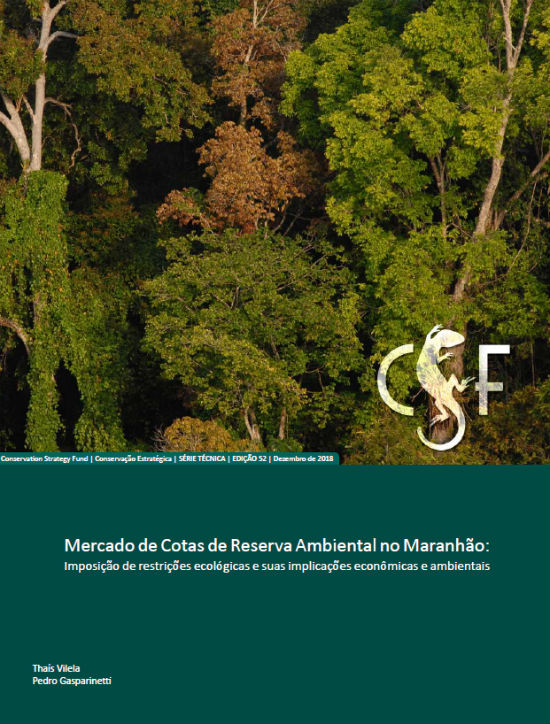



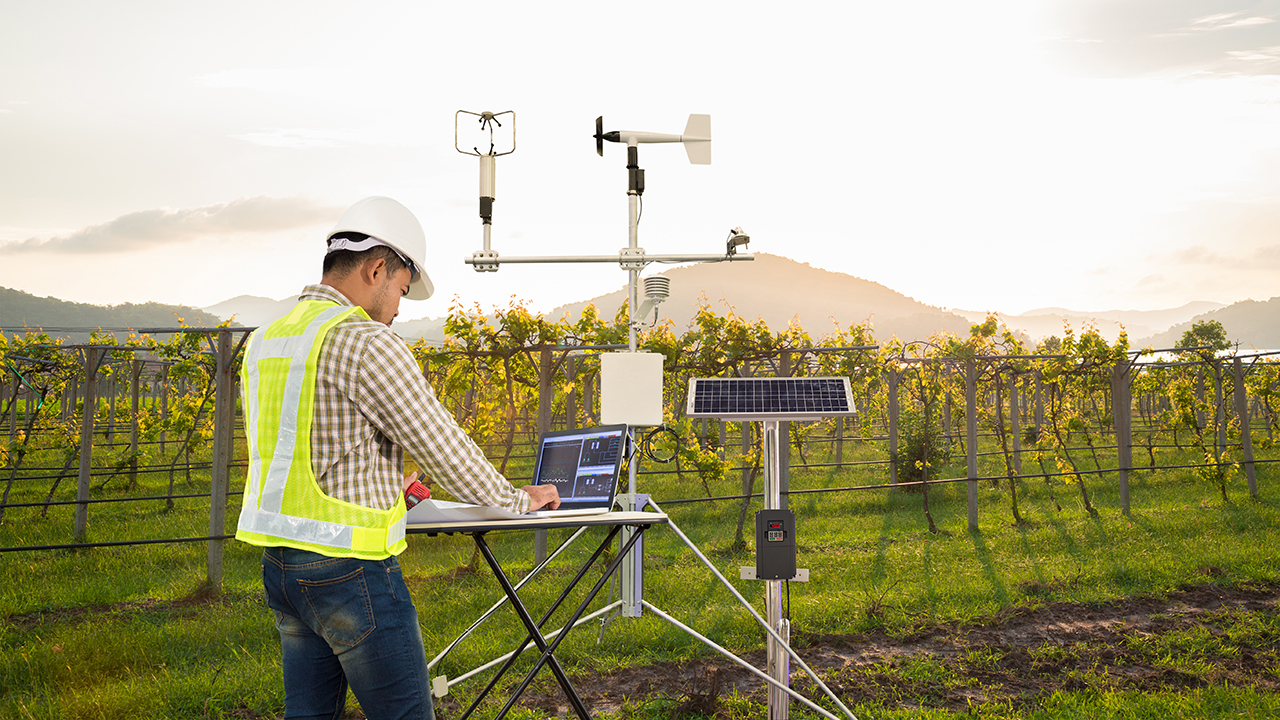
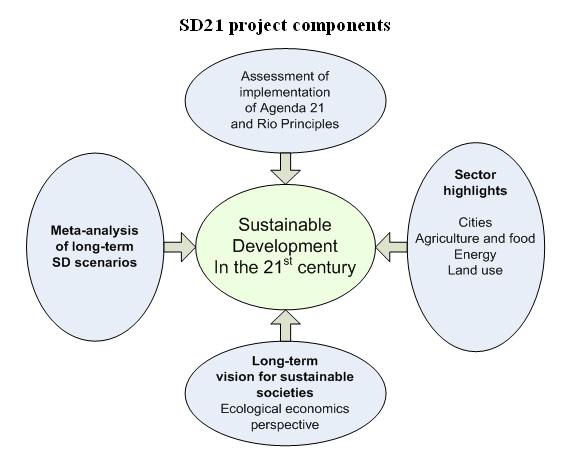
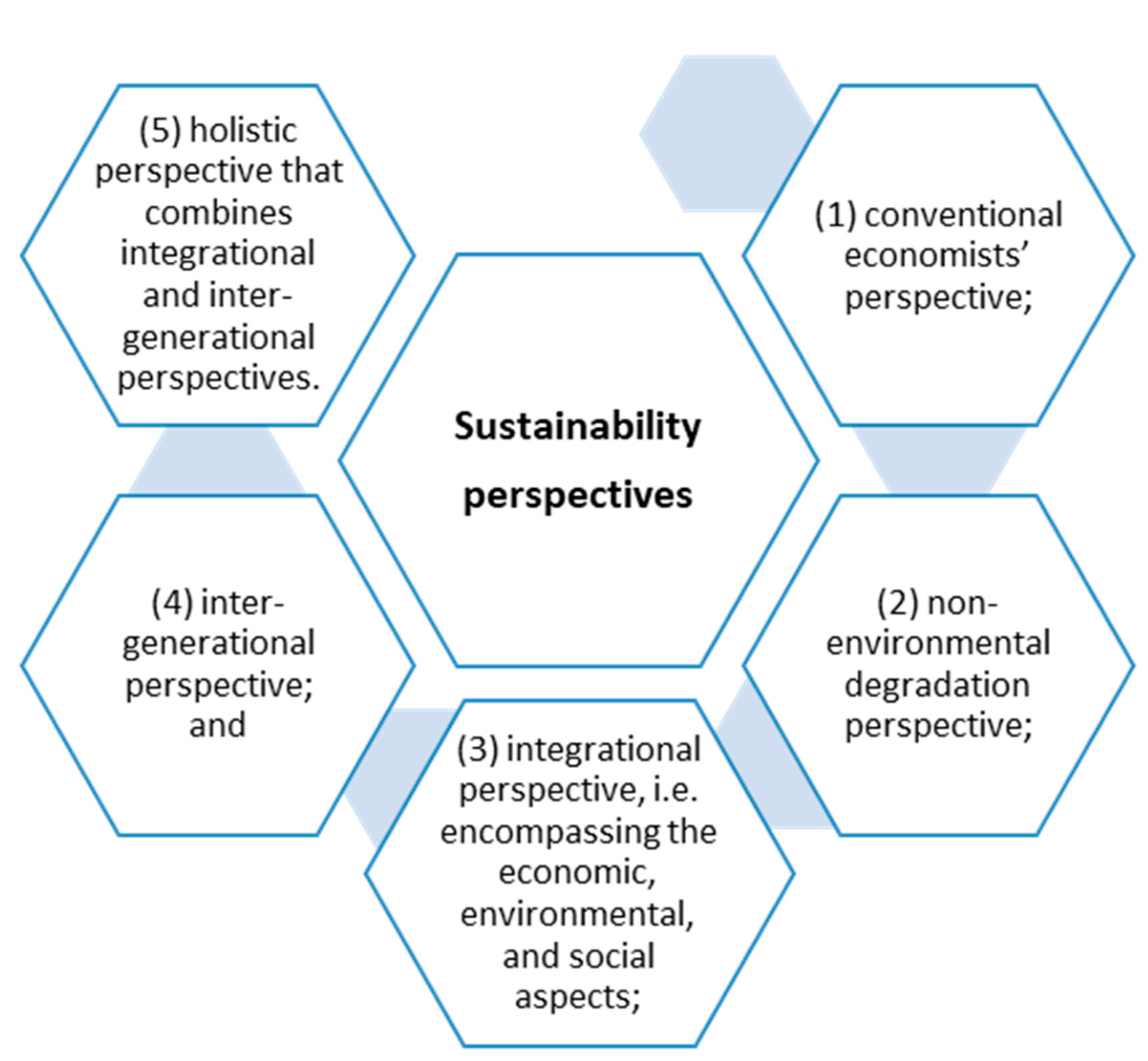
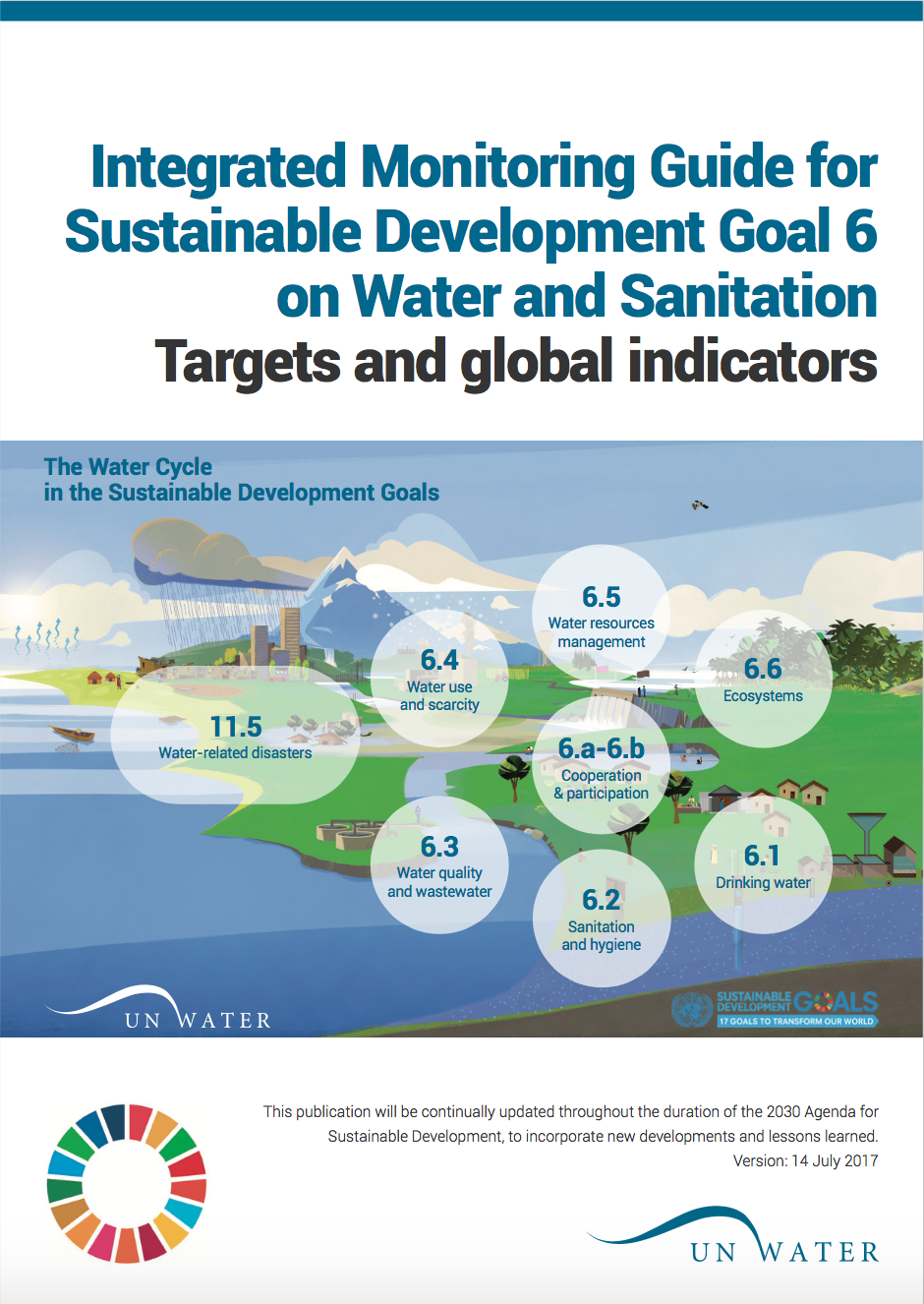
Closure
Thus, we hope this article has provided valuable insights into The Maranhão Environmental Monitoring Program: A Vital Tool for Sustainable Development. We hope you find this article informative and beneficial. See you in our next article!